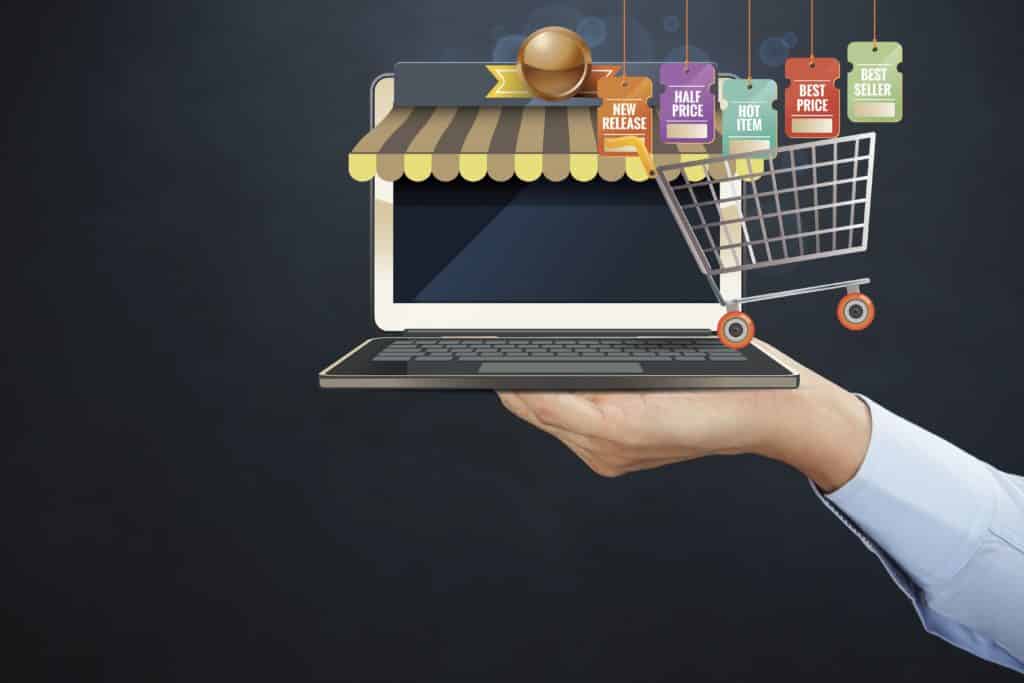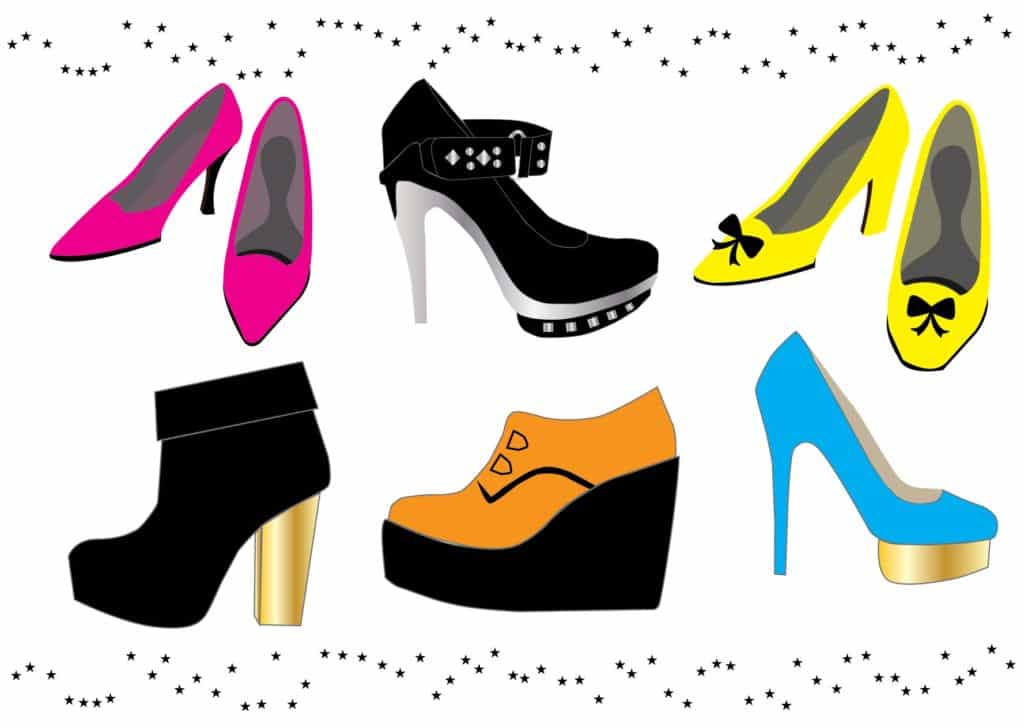
The holidays are coming but the brands are struggling to keep products in stock before the rush hits. E-commerce sellers, in particular, are staring at a holiday supply chain disaster for the second year in a row. The pandemic-induced global shortage of consumer products has impacted supply in 2021 with experts predicting the issue to spill over 2022 as well.
Why is there supply chain issues?
The global supply chain broke down in 2021 due to the COVID-19 and the consequences are still felt today because of the varying impact the pandemic has had on different countries. Factories in China were hit the hardest at the beginning which abruptly stopped the production of a lot of products American brands rely on.
The port congestion in recent months has opened up the fragility of a global supply chain that depends on various touchpoints across the globe in order to move containers smoothly. On top of that, the storms across Southeast Asia have created a bottleneck in critical routes with empty cargo stuck in ports – from Shanghai to Los Angeles.
But the global supply chain is not the only issue. The great resignation of 2021 has led to a labor shortage, depleting the blue-collar workforce of e-commerce brands. Extreme pressure to deliver orders on time, short-staffed back offices, lack of benefits, and average pay have forced huge numbers of drivers to quit jobs, which again, put pressure on the supply chain.
The supply chain issues aside, consumers have also contributed to the problem. Panic buying in 2021 created a dangerous trend that’s still visible this year. Stockpiling essentials make it difficult for companies to keep the shelves full during the holidays.
So if you’re a consumer adding gifts to the cart or an e-commerce business owner preparing to keep the inventory up-to-date with new products, you need to act before the holiday rush sets in. That being said, here are 8 products that may be in short supply this year.

1. Laptops and smartphones
Laptops, smartphones, TVs, and other consumer tech are hard to find because of the global semiconductor shortage. Semiconductors are tiny components that are needed in every device we use today. Chip fabrication lines take months to build and companies usually place orders well in advance.
But when the pandemic struck, the sale of consumer tech grew exponentially, forcing factories to fall behind their schedule. The issue was aggravated by a depleted workforce during the lockdown.
Taiwan Semiconductor Manufacturing Co. (TSMC) is at the epicenter of a global chip shortage. The Taiwanese company is the world’s largest third-party chip manufacturer powering devices of Intel, Apple, Qualcomm, Samsung, and AMD. The impact of COVID-19 on Taiwan has been severe. This is why chip manufacturing cost has grown significantly in the last few months and the impact is particularly visible in mid-range laptops where the profit margin is low.
Smartphones share the same fate as well. The smaller the device, the harder it is to produce chips. Apple CEO Tim Cook has recently shared that the company lost $6 billion to manufacturing delays in Q4. Intel has also reported underwhelming numbers in the last quarter.
So if you’re planning to buy electronics in the holiday season, brace for the “out of stock” notification. Here are some tips to help your eCommerce store with this issue.

2. Clothes
Clothes and apparels aren’t immune to the supply chain disruptions either. Ever since the start of the pandemic, apparel stores like ModCloth, H&M, and Michael Kors have struggled to keep the shelves organized with new products. Clothes and accessories need a huge amount of water, infrastructure, and human intervention to create the intricacies.
That’s why major American brands outsource manufacturing to countries like Vietnam and Indonesia which have been hit hardest by the virus. The delta variant has complicated the issue and there doesn’t seem to be any quick fix. If you’re holding off buying new bags or a sweatshirt, consider getting them now!

3. Christmas accessories
It goes without saying that Christmas accessories such as Christmas trees and lights are one of the most in-demand products during the holiday season. However, this year might be a little different.
Most artificial Christmas trees are manufactured in China and then imported to America. According to National Tree Company CEO Chris Butler, the company is paying 10 times more for containers to ship the trees than it did in 2020. As a result, there might be a 20%-25% increase in price this year. Christmas lights are subjected to the same fate as well.

4. Toys
Another Christmas staple that’s going through a rough patch is toys. Most board games and kids toys are manufactured in China. On top of being costlier, shipping them back to America is now taking longer than ever.
Small businesses are more likely to suffer from toy shortages as off-the-shelf, affordable toys make a big part of the Christmas business. The issue expands to board games as well. So if you’re planning a housewarming party with the family, consider getting one right now.

5. Footwear
Shoes are following the same trend as clothing lineups. Nike and Adidas shoes are in short supply and the companies are communicating with the customers about the delay.
Vietnam and Indonesia make about 65% of Nike’s entire shoe collection and importing them to the U.S is taking the company almost 80 days. The delays have put Nike’s holiday plans in jeopardy as the company is barely able to keep up with the demand.

6. Gaming consoles
Even if you’re not browsing for soft toys or looking forward to playing board games with the family, you’re not out of the woods yet. Sony PlayStation 5, Microsoft Xbox Series X, and Nintendo Switch are hard to find in online stores. PlayStation has had a famous history of resellers selling the consoles at a higher price and that’ll continue well into 2022.
Regarding Xbox, Phil Spencer conceded that bringing products to market is “going to be a challenge that we’ll work through for quite a while”.

7. Wine
If you’re planning to enjoy the perfect holiday with a glass of wine, you might be out of luck as well. Wineries and vineyards are finding it difficult to push products in time due to four reasons: supply chain interruptions, lack of drivers, drought, and glass shortage.
This year has been particularly hot, bringing down the production rates of a lot of vineyards. On top of that, the glass manufacturing factories are running against time to supply an adequate number of wine glasses, further delaying the shipping process.

8. Pies
The taste buds might miss holiday flavors thanks to a shortage of pies and other Christmas food. According to the IRI data collected in October, frozen pie/pastry shells, and bakery pies were down between 5%-11% in comparison to last year. Among these, the price of frozen pie/pastry shells has been increased by 6%.
Recommendations for eCommerce sellers this holiday season
Considering the widespread supply chain shortage at Christmas, e-commerce sellers must prepare to stay ahead of the curve.
Use modern software to keep track of inventory and plan according to your customer preferences. In case of delays, inform customers about the timelines and offer free delivery or coupons to soften the blow. Instead of proposing a specific delivery date, use a ballpark as a contingency. And most importantly, encourage shoppers to shop earlier than usual.
A lot of supply chain issues can be resolved by working with a regional delivery partner. As the pandemic has shown, the global supply chain is riddled with inefficiencies and a lack of clarity. By moving your business stateside and using local shipping companies, you can avoid risks and improve delivery timelines.
If you’re looking for a regional shipping partner to ride out the holiday rush, IntelliQuick Delivery can help! We have a robust e-commerce delivery infrastructure spread all over the Southwest and Western America and we can ship your products right to your customer’s doorstep as fast as the same afternoon. To know more about how IntelliQuick Delivery can help you reach your customers, get in touch with us today.

